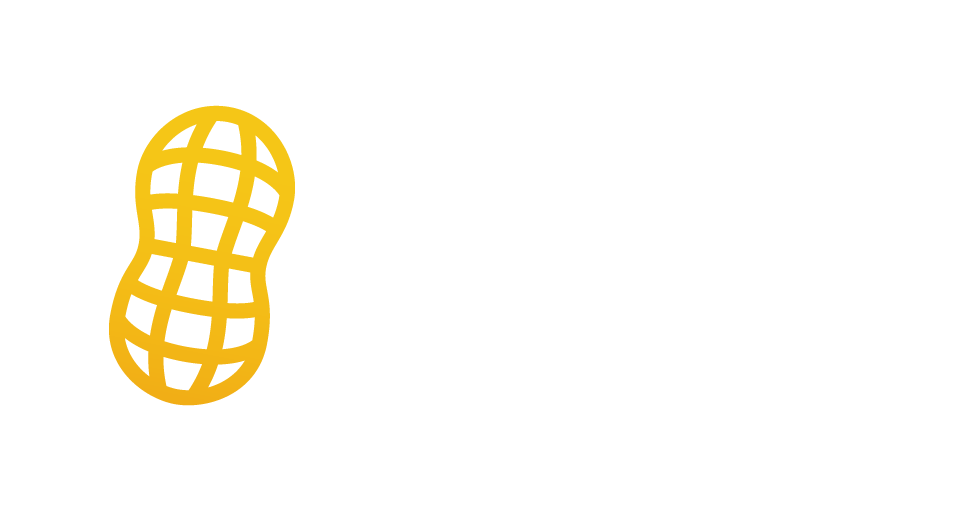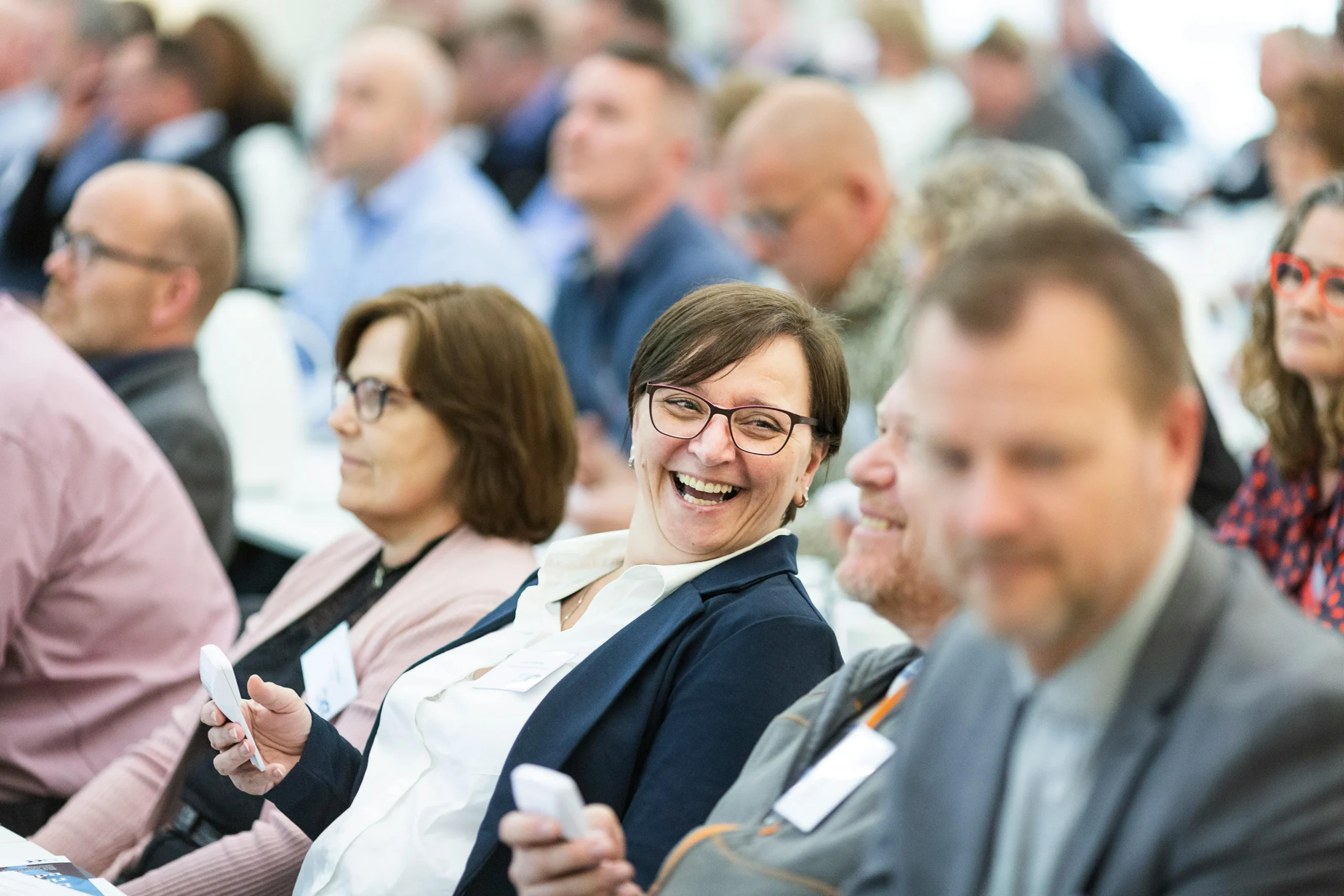At a glance:
- Professional conference organising transforms ideas into seamless experiences, managed from concept to final execution by skilled organisers.
- Careful planning, engaging sessions, and speaker coordination keep every moment purposeful and on track.
- Smooth delegate management, budget oversight, and supplier coordination ensure attendees are supported and the event runs flawlessly.
- Creative branding, marketing, and smart technology enhance engagement while providing insights to improve future events.
Professional conference organising is the structured process of planning, managing logistics, and executing conferences for organisations, led by a Professional Conference Organiser (PCO). A PCO provides strategic oversight, risk management, budget control, and supplier coordination to ensure event success.
By reducing complexity and streamlining communication, a PCO translates organisational goals into actionable plans, from aligning agendas to coordinating venues, suppliers, and technology. A well-managed PCO guarantees smooth execution, strong delegate engagement, and measurable outcomes.
This blog explores everything involved in Professional conference organising and how it ensures the success of an event.
Strategic Planning and Oversight from Day One
Professional conference organising starts with clear strategic planning. This involves defining the event’s purpose, aligning all stakeholders, setting specific objectives, and outlining the steps needed to bring the event to life. Careful planning ensures every stage of the event serves its goals.
It also involves laying out detailed schedules, assigning responsibilities, and identifying paths to resolve any issues that might come up. Regular check-ins and milestone reviews keep both internal teams and external partners aligned and accountable.
Tools like collaborative dashboards and project trackers provide a central view of progress, making it easier to monitor tasks, manage deadlines, and keep the focus on delivering the intended outcomes.
Program and Speaker Coordination
A successful conference program goes beyond selecting speakers. It requires aligning content with the event’s goals and ensuring the program engages the audience. This process involves collaborating with clients to choose relevant topics, structure sessions for maximum impact, and create a seamless flow of content.
Coordinating speakers is equally important. This involves selecting the ideal speaker and briefing them on their role, ensuring their presentations align with the event’s theme, and managing logistics such as travel, accommodation, and timing as needed.
Organisers also develop detailed session schedules across plenary, breakout, and workshop formats, integrating technical requirements, engagement strategies and, when required, coordinating videographers and photographers to capture sessions effectively.
Attendees and Delegates Management
Attendees and delegates are the focus of every event, and delivering a smooth, engaging experience requires careful attention at every stage from registration through to on-site support. A PCO ensures participants are informed, supported, and able to engage fully.
Accessibility and inclusivity are central to modern conferences. This means considering mobility, cultural sensitivities, language needs, and dietary requirements from the start to create a welcoming environment for all.
Effective attendee and delegate management also involves leveraging technology, such as custom-branded registration portals, automated workflows, and real-time dashboards for tracking participant data. Managing accommodation, travel logistics, and personalised support further enhances the experience.
On-site, well-managed check-in desks, smooth badge production, and rapid issue resolution keep operations running without a hitch. Every interaction reflects professionalism, ensuring delegates feel valued and fully engaged throughout the event.
Budget and Financial Management
Budgeting for a professional conference involves accurate forecasting, real-time expense management, and adaptability to changing circumstances, ensuring every dollar spent delivers value.
Event management teams typically develop detailed line-item budgets early in the process, incorporating supplier quotes, contingency allowances, and approval workflows to ensure financial alignment with the event’s objectives.
As the project progresses, organisers track expenses using live documents, reconcile invoices with purchase orders, and report variances to maintain control over the budget. They also manage revenue from corporate event sponsorships, ticketing, and exhibitor fees to ensure finances stay aligned with the event’s budget.
This level of transparency is crucial for keeping the event within budget while delivering measurable returns.
Sourcing and Coordinating Venues and Suppliers
Behind every successful event is a complex network of suppliers, from venues and audiovisual teams to caterers and security providers. Organisers must select the right partners, align timelines, set clear expectations, and ensure consistent service delivery.
Organisers select the venues carefully to ensure the space meets the event’s size, format, and logistical needs. This involves negotiating contracts, planning room layouts, and ensuring the venue meets technical requirements.
For suppliers, it’s essential to create detailed scopes of work, manage communications, and integrate schedules into a central project plan. This keeps everything aligned with the event timeline and ensures smooth execution.
Coordinating vendors and managing logistical details are key to ensuring the event runs smoothly and all components are delivered on time.
Running the Show On-site
Once the conference begins, real-time delivery is the focus, where months of planning are tested through logistics, timing, and live coordination. On-site operations involve managing speaker transitions, technical cues, and resolving issues as they arise, all while maintaining a calm, professional presence.
Experienced floor managers are positioned across sessions and zones to keep the event running smoothly. With radios, run sheets, and clear escalation protocols, they make sure everything stays on schedule and operates smoothly.
Coordination with venue staff, AV teams, and caterers ensures all moving parts stay in sync. Event teams are trained in logistics and client representation to ensure every point of contact reflects the brand’s tone and professionalism.
Risk Management and Compliance
Risk management and compliance are critical in professional conference organising. Events must meet legal obligations, manage safety risks, and provide a secure environment for participants. This involves navigating compliance and securing permits, licenses, and insurance, fulfilling venue requirements, and developing emergency protocols. These elements should all be addressed in advance.
Organisers conduct formal risk assessments to align with venue, industry, and government regulations, ensuring all legal and safety requirements are met before the event. They also secure the appropriate permits and insurance for various event types.
Emergency plans are developed with venues and local authorities to ensure a quick and effective response in case of incidents. On-site teams are trained to handle emergencies and maintain control during the event, ensuring participant safety.
Creative Direction and Branding
Branding shapes how a conference is perceived and remembered. It defines the visual and emotional language of the event and reinforces its theme and objectives across every element, including stage design and delegate materials.
Event organisers either collaborate with clients to develop a new visual identity or apply existing brand guidelines provided by in-house teams. This identity is consistently applied across all touchpoints—signage, screen content, print materials, merchandise, and digital assets—to create a cohesive experience.
The design process is collaborative, ensuring the client’s vision is captured efficiently. On-site, the creative team manages branded elements, coordinates styling teams, and addresses any last-minute changes to maintain consistency.
Marketing and Communications Support
A conference’s success often hinges on how it’s promoted and communicated. From email campaigns, speaker features, and social media updates before the event to follow-up engagement afterwards, every touchpoint helps maximise attendance and impact.
Event organisers may run these campaigns directly or collaborate with client marketing teams, ensuring messaging aligns with the event’s theme and tone. This includes coordinating with internal marketing teams or working independently to maintain consistent communication across platforms. They may also create branded content, such as email templates and social media posts for sponsors and speakers to share.
During the event, content capture and live updates keep attendees engaged and informed. After the event, organisers focus on follow-up communications, including thank-you notes, video content production, and other materials to maintain engagement and continue the conversation.
Technology & Event Platforms
Technology is central to running conferences today. Whether the event is fully virtual, hybrid, or in-person, the right tools help attendees engage, interact, and access content smoothly. Apps, live polling, streaming platforms, and on-demand content all need to work together to support the event’s flow.
Every event is different, so the technology setup is customised to match its requirements. This can include event apps featuring agendas, speaker information, notifications, and ways for attendees to give feedback, keeping everyone informed and involved.
For hybrid events, AV and streaming are carefully coordinated to ensure seamless participation by remote attendees. Technical rehearsals, onboarding support, and live troubleshooting ensure the event runs without interruption, letting organisers focus on delivering the experience rather than managing technology.
Post-Conference Reporting and Debrief
Looking back after the event is just as important as the planning that went into it. This involves reviewing how delegates engaged, how sessions were conducted, how the budget was managed, and the overall satisfaction of attendees. The lessons learned help shape stronger events in the future.
Feedback is gathered from surveys, app data, registration records, and live polls, and is transformed into clear, practical insights.
Detailed reports are often shared with internal teams or review panels, giving both an overview and a deep dive into the event’s performance. These reports highlight what worked well and outline concrete steps to make the next event even better.
Internal debrief meetings capture team reflections, discuss successes, and identify areas for improvement, ensuring lessons learned are applied to subsequent events.
The success of professional conference organising lies in translating an event concept into tangible outcomes through expertise, coordination, and foresight. For many organisations, the real challenge isn’t imagining what a successful event looks like; it’s turning that vision into something that works for speakers, sponsors, attendees, and internal teams managing competing priorities.
This is why many organisations choose to work with experienced event organisers like Peanut Productions. As a PCO, Peanut handles the complex details of event planning, anticipates potential challenges, and ensures everything runs smoothly.
If you’re looking to elevate your next conference and ensure it delivers both a memorable experience and strategic results, contact Peanut Productions today. Take that first step of turning your vision into a successful conference.
FAQs
What types of organisations typically engage a Professional Conference Organiser?
Businesses, industry associations, government departments, educational institutions, and non-profits often engage PCOs when hosting large-scale or high-stakes conferences.
Can a PCO help secure event sponsorship and manage sponsor relationships?
Yes. Many PCOs, including Peanut Productions, support corporate event sponsorship strategy, develop sponsor prospectuses, and manage relationship touchpoints from onboarding through to delivery.
What level of budget is typically required to work with a PCO?
Budgets vary based on event size, format, duration, and complexity. Peanut Productions works across a wide range of budgets, from modest association forums to large national conferences, always tailoring the scope to deliver maximum value without compromising quality.


